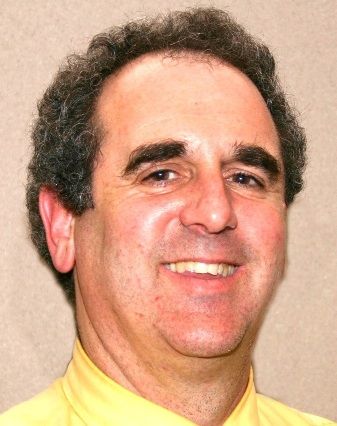Article
Meniscectomy or PT for Arthritic Knee With Meniscal Tear?
(AUDIO) Orthopedic surgeon Jeffrey Katz describes a 7-center randomized study that tests the question of what to do when someone with knee arthritis tears a meniscus.
(AUDIO) Orthopedic surgeon Jeffrey Katz describes a 7-center randomized study that tests the question of what to do when someone with knee arthritis tears a meniscus.

Your adult patient with an arthritic knee tears his meniscus. What should be done? You might immediately counsel arthroscopic surgery, but as orthopedic surgeon Jeffrey Katz points out, its superiority to physical therapy has never been rigorously established in this clinical setting.
At the recent American College of Rheumatology meeting in Washington, Dr. Katz discussed a multicenter randomized study designed to test the question. The answer he provides in this podcast may not be the one you expect.
Dr. Katz is professor of medicine and orthopedic surgery at Harvard Medical School and Director of the Orthopedics and Arthritis Center for Outcomes Research at Brigham and Women's Hospital in Boston.
The questions:
1. Please tell us about your study.
2. About half, 49% of the patients, who did not undergo surgery had equal to or greater than an 8-point improvement in their WOMAC scores. So that's not a very bad result for the non-operative option.
3. You have said that these results will have important implications for the conversations that rheumatologists have with their patients. What do you think these implications are?
4. Based on your knowledge of the other literature, are there any hazards for waiting and not doing the surgery right away in this clinical setting?
Meniscectomy or PT for Arthritic Knee With Meniscal Tear?
Key quotations:
"It's an important question because this problem is very common and we probably do about half a million of these surgeries each year in the United States without really knowing whether the surgery is effective as compared with non-operative therapy."
"One way of interpreting these findings is to note that the non-operative arm ultimately yields similar results, but only a third of patients ultimately need to undergo surgery."
"Patients who have a symptomatic meniscal tear in the setting of osteoarthritis who are in this age group can be told that they really have two choices that look to be fairly similar in terms of their ultimate outcomes, but they're two different experiences."
For Your Reference:
Detailed results of Dr. Katz' presentation, "The Meteor Trial: Preliminary Results of an RCT of Arthroscopic Partial Meniscectomy Vs. Physical Therapy in Patients Greater Than 45" can be found online as Abstract #2650 in the American College of Rheumatology 2012 Abstract Supplement.




